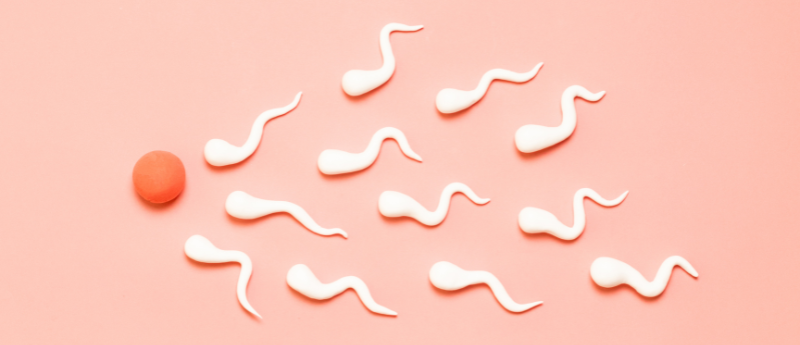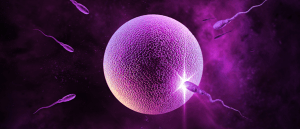Could the semen microbiome impact male fertility?

If you’re starting to wonder whether the microbiome might be to blame for everything, you might just be right.
Researchers at UCLA (CA, USA) have discovered that the semen microbiome might play a critical role in male fertility. The team conducted a semen analysis and next-generation sequencing to identify a small group of microorganisms that may be linked to abnormal sperm motility and concentration. Their findings, published in a recent paper, lay the foundation for future studies into the function of these microorganisms in male infertility.
Despite recent advances in testing, there are still gaps in our understanding of male factor infertility. With an explosion of studies implicating the importance of the microbiome in health, expanding these studies to the semen microbiome may offer valuable insights into male infertility and abnormalities in sperm motility, volume or concentration.
Building on this premesis, the team at UCLA set out to study the relationship between the semen microbiome and sperm abnormalities. To characterize semen parameters including volume, pH, concentration, motility and morphology, the team conducted a semen analysis. They then profiled the microbial communities within samples using next-generation sequencing on an Illumina Miseq platform and, using this data, conducted an analysis of composition of microbiota with bias correction (ANCOM-BC) and canonical correlation analysis (CCA) to identify associations between microbial abundance and semen parameters.
 Artificial fertilization reveals key protein in sperm–egg fusion
Artificial fertilization reveals key protein in sperm–egg fusion
An international team of researchers has discovered a fundamental protein in human fertilization, called MAIA, which could lead to an improved understanding of infertility.
Several microorganisms were identified as potential players in male infertility. The team found that one microbe in particular, Lactobacillus iners, was more abundant in men with abnormal sperm motility. L. iners has previously been described in other fertility-related contexts, namely female fertility, but this was the first report of a negative association between L. iners and male factor fertility.
Furthermore, men with abnormal sperm concentrations lower than the norm, showed a higher abundance of Pseudomonas stutzeri and Pseudomonas fluorescens, but a lower abundance of Pseudomonas putida. This finding adds further complexity to the role of the semen microbiome, highlighting that even closely related microbes may impact fertility differently.
“There is much more to explore regarding the microbiome and its connection to male infertility,” said lead author of the study, Vadim Osadchiy. “However, these findings provide valuable insights that can lead us in the right direction for a deeper understanding of this correlation. Our research aligns with evidence from smaller studies and will pave the way for future, more comprehensive investigations to unravel the complex relationship between the semen microbiome and fertility.”